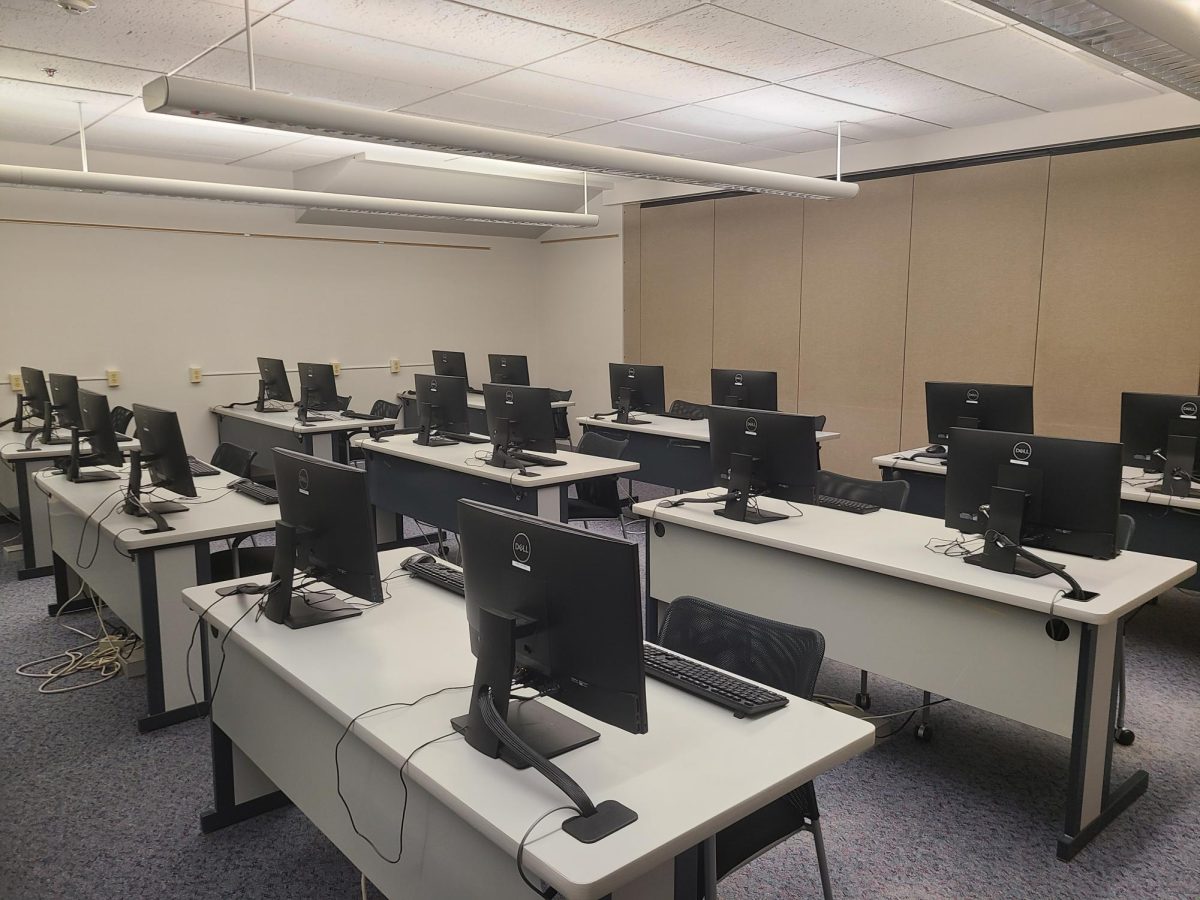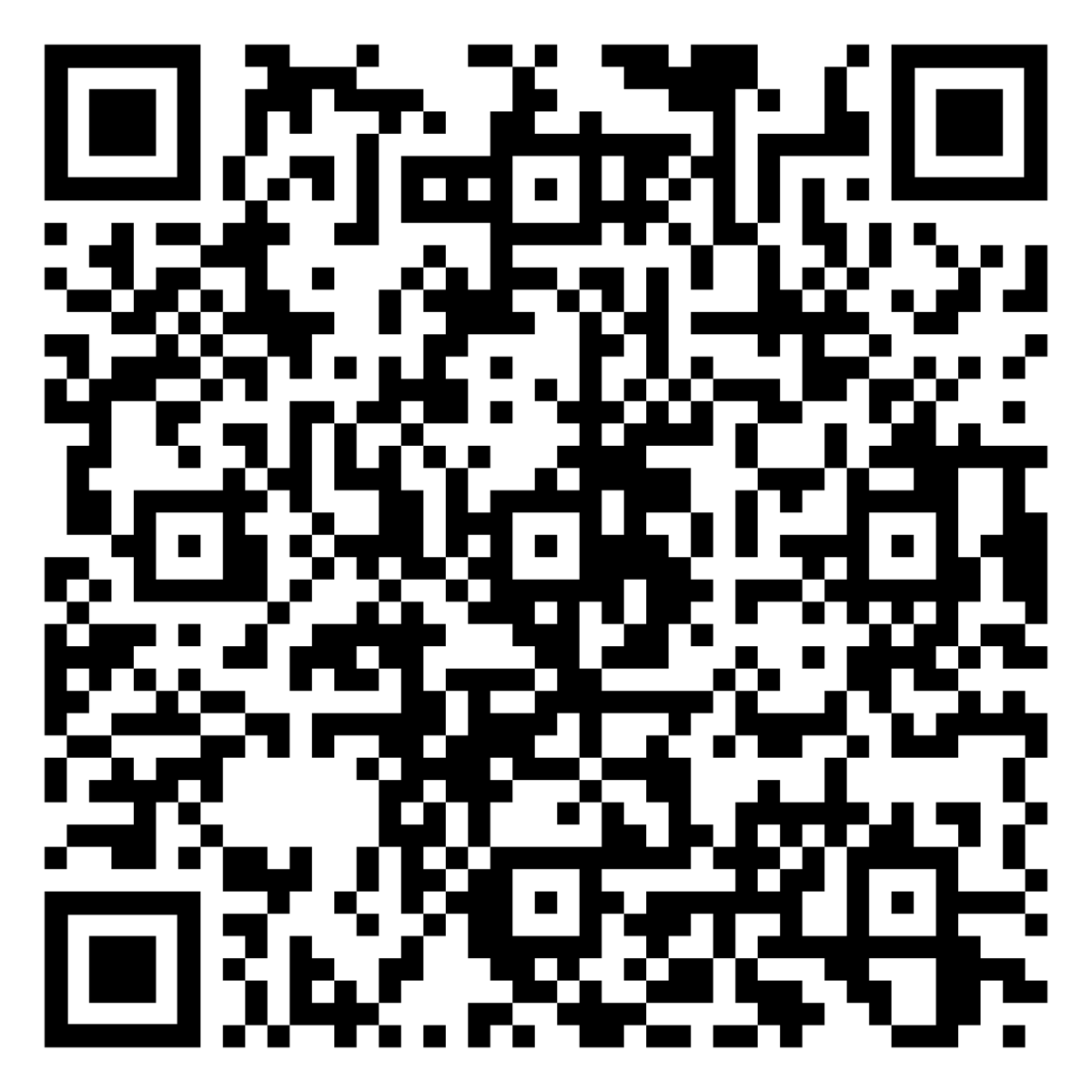Since its transition into a hybrid institution, Vermont State University has been re-evaluating all resources available to students, typically looking to digitize in order to make them more accessible or affordable.
This year, VTSU implemented the Student Technology Requirement, a policy that mandates incoming full-time students on VTSU campuses acquire a laptop computer or purchase one through the university. The policy was intended to make necessary technology accessible for students by way of affordability, and it didn’t come without its drawbacks.
The policy is completely new to all of the campuses in the VTSU system. The VTSU Student Tech Requirement page on the VTSU website says the policy was implemented because “a quality laptop computer is essential for successful learning and collaboration in higher education today.”
This requirement was implemented for incoming undergrad “degree-seeking” students entering the Fall 2024 semester full-time, according to the Tech Requirement page, and will be implemented for students with the same qualifications moving forward. All other students are not affected, but are still allowed to purchase a computer through the program.
Sarah Truckle, the vice president of business operations for VTSU, said the decision for the policy was “academically informed.” Pilot programs, surveys, and other research began taking place at the beginning of the VTSU transformation, with the goal to assess what was essential for successfully operating classes and coursework in a hybrid university method.
“We really recognize that this is a student-first effort. This is the technology that we see as being critical,” said Truckle. She said the need for state-of-the-art technology is why the Tech Requirement is mandatory.
The tech requirement is also VTSU’s response to concerns of affordability and accessibility to essential technology, though the cost alone could pose an issue. Half of the cost – $559 for a MacBook Air or $582.50 for a Dell computer – is automatically added to qualifying student accounts at the start of the fall semester, and the remaining balance will be added to the next semester’s bill. Students are allowed to pay for them using financial aid, allowing students with surplus aid to potentially get the cost covered entirely. For other students, this means an additional cost of over $1,100 to tuition.
The discount applying to the computers comes in the form of four-year Apple Care+ for Schools for the device – five-year ProSupport Plus for the Dell – which, according to Truckle, is even better than the traditional plan. Apple only offers the student and regular Apple Care in three-year increments usually, and the cheapest option for both care plans is over $250. Both plans come with 24/7 support, and in case of an accident, qualifying damage repairs can be completely covered.
Some students feel they benefited from the requirement, like first-year student Daliah Maynard, who said she was worried about obtaining a new computer for her college education.
Unfortunately, the cost of the requirement may establish financial barriers for students without enough financial aid to cover it.
Students are able to opt out of purchasing a new computer if they already have a device that meets VTSU’s minimum requirements. To qualify, the device must be three years old or younger, have 8-16GB of Memory, 256GB of storage, and a webcam. Chromebooks and tablets will not satisfy the requirement. There are more requirements for students in Technology, Engineering, and Construction programs, and appropriate devices will also be purchased for students through the Tech Requirement, resulting in the higher price point.
The VTSU Johnson campus has a total of 161 computers and laptops, and a majority of them are housed in the four computer labs located throughout the campus. The Willey Learning Center contains three labs: a 24-hour computer lab and a Mac lab on the first floor, and another desktop computer lab on the second floor. A third desktop computer lab is located on the first floor of Martinetti, and there is a mini Mac lab in the Visual Arts Center. Signs on the outside of each lab explain their open hours to students, most of them being available from 8 a.m. to 11 p.m. with student keycard access.
Students who have issues with their keycards opening these labs can have their cards re-calibrated for free by Johnson Public Safety during the day. Ideally, all students without computers of their own have 24/7 access to a desktop device.
Each university device likely doesn’t meet the minimum requirements as outlined by the Tech Requirement, and while they don’t have all of the necessary programs for every degree program, all of the labs support Zoom and online learning, while the MAC lab is specifically designed for students to access Adobe Suite platforms. Students are able to access Canvas, the VTSU Portal, and the portal’s adjacent links on all lab computers. Truckle said that these devices are on a five-year replacement cycle, so while they may be behind on the latest technology, the University is still putting in work to keep them running smoothly.
Said Truckle, “The labs only serve a subset of the population and that’s the in-person community … We wanted to ensure that a student would have access to technology regardless of whether they were an in-person or off-campus student.”
But because the Tech Requirement only applies to in-person students, the requirement seems to create a surplus of technology access for them without aiding the non-traditional student population at all.
Fortunately, students at the Johnson campus still have access to personal laptops. The Willey Library houses a small selection of borrowable laptops available for 3-day checkout, and the IT department has loaners available for finacial hardships and broken devices. Students who are members of TRIO can speak to their respective adviser to inquire about their borrowable laptops as well, all of which help to allow hybrid and at-home students a greater access to essential technology.
Categories:
VTSU technology requirement explained
Dayne Bell
•
October 29, 2024
The 2nd Floor computer lab in the Willey Learning Center
More to Discover
About the Contributor

Dayne Bell, Editor in Chief
Dayne (he/they) is a creative writing student from Connecticut. His zodiac sign is Pisces, which tells you everything you need to know.




